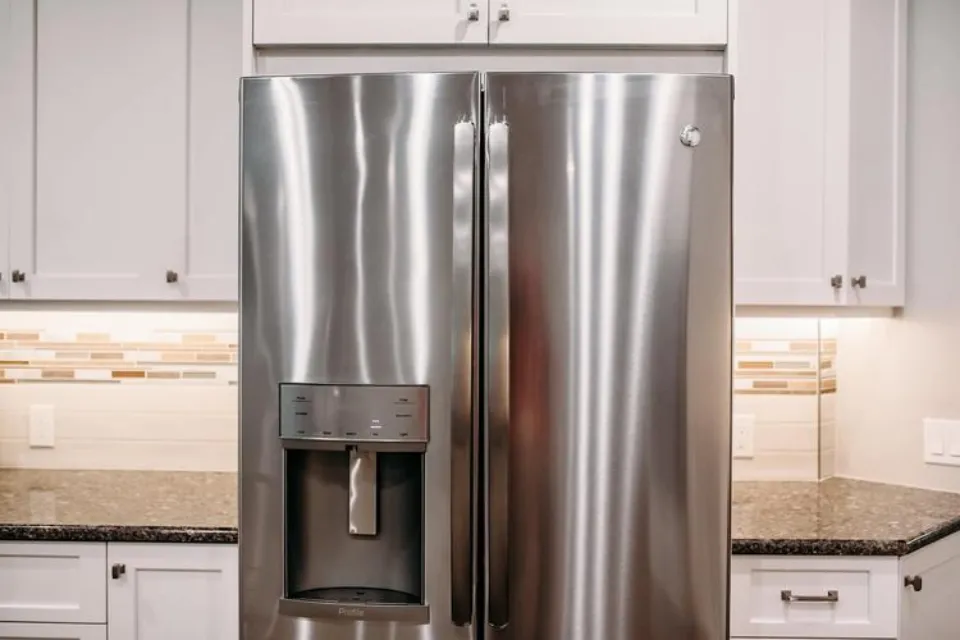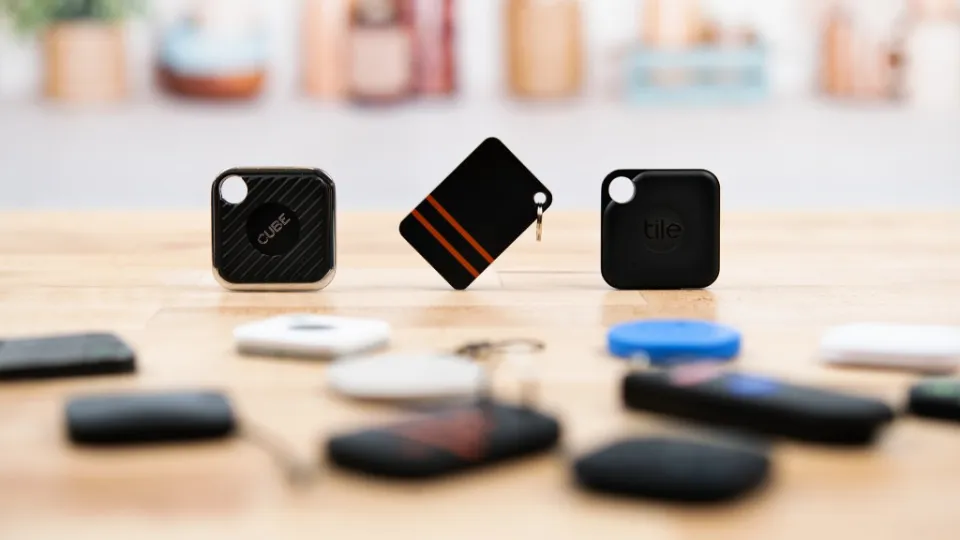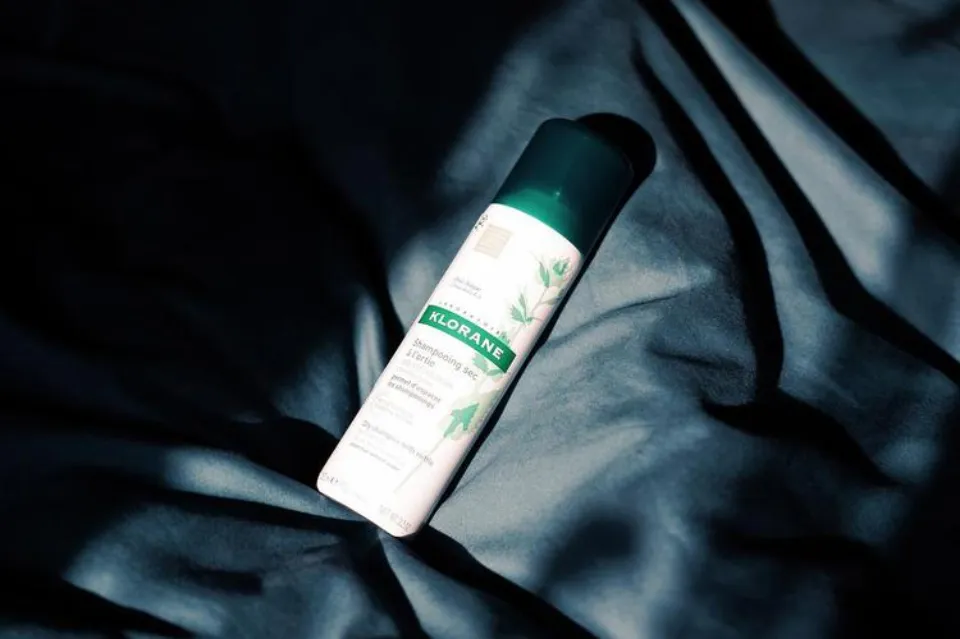At some point, everyone has done it. We experienced it when we went shopping and neglected to remember that we needed to stop somewhere en route. By the time we got home and got the littles out of the car, I’d forgotten about the groceries in the back!
Your groceries can stay in your car for a maximum of two hours if they are perishable food items. If the air temperature is less than 90 degrees, and only for an hour if it is 90 degrees or higher.
How to Know If Your Groceries Are Safe After Being Left in the Car
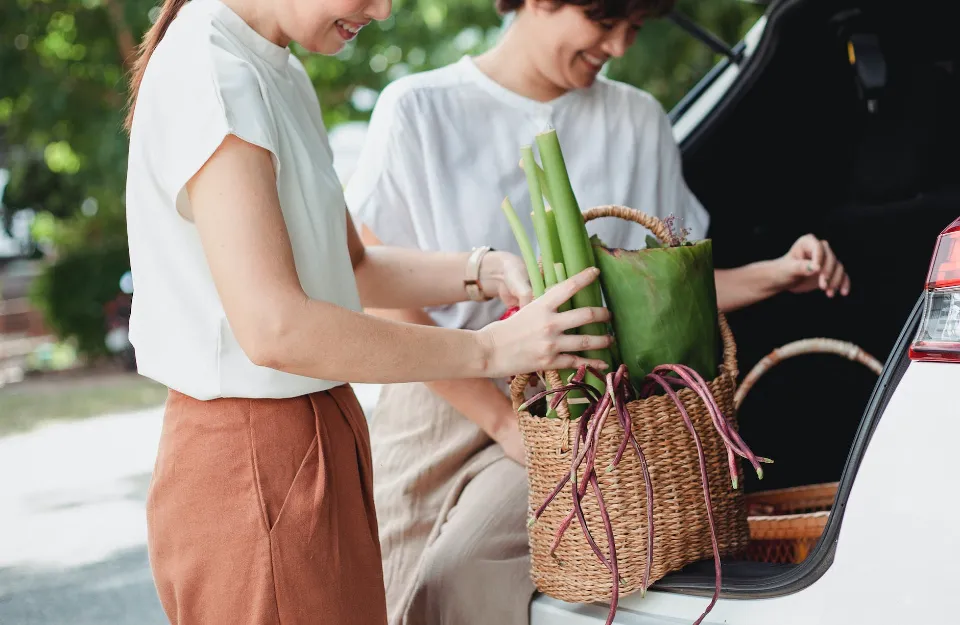
Can you eat your groceries if you forget to take them out of the car but remember to bring them in later? Perhaps.
Products in boxes and cans are acceptable. The state of your refrigerated items depends on the weather. Frozen food is the same way. Your groceries’ readiness for consumption depends on when and what temperature they were at. (Read More: How Long Can Frozen Food Stay in the Car – Is It Safe to Stay?)
Here are a few tips-n-tricks to determine if your food is still safe to consume.
Tip #1: Smell It
Your best compass is your nose. It is amazing how much good or bad can be detected by our noses. Smoke is easier to detect than flames are. When your nose alerts you that something is off, don’t try it.
To get a whiff of the item, gently wave it in front of your nose. It’s best to throw away the item if it smells off in any way. Avoid having your nostrils stuffed with bacteria by never placing anything under your nose for inhalation!
Tip #2: Observe It
Open the contested item and evaluate its general appearance. You are aware of how it must appear. Check to see if the coloring or texture is typical or if it appears “off.” Anything that appears odd, misshapen, lumpy, or incorrect is probably not something you should try. There’s no point in risking food poisoning later.
What Happens If You Leave Groceries in a Car Overnight?
The temperature would have to be just right if you unintentionally left groceries in the car overnight. You will have to deal with varying temperatures if you combine canned, cold, and frozen foods.
Leaving your groceries in the car overnight may cause some of them to spoil. Your frozen food needs to be at one temperature, while your cold food needs to be at a different temperature. The cold items might be acceptable, but the frozen items might be melted depending on the temperature.
If you leave your groceries out overnight, they probably won’t be in good condition. It’s likely that some of the items will inevitably spoil, regardless of temperature.

Can You Leave Groceries in a Cold Car?
Leaving your groceries in the car while it is cold is fine for short periods. Be aware that frigid temperatures can cause fruit or vegetables to freeze or discolor.
You can keep your chilled food in your car overnight if the temperature outside is cold but not below zero. The temperature should be around zero degrees for frozen food to remain edible. Both will likely not survive at these temperatures in your vehicle.
When it’s below 0 degrees, liquid beverages will be damaged if it gets too cold. Your cans might burst. On softer cold objects, like cheese, ice would start to form. Items contained in jars or bottles could potentially freeze and burst.
Regularly refrigerated perishables do just fine at temperatures around 40 degrees. That would be like being in a refrigerator, I suppose. That would cause the frozen food to thaw. Although they wouldn’t necessarily go bad after being defrosted, these items would need to be cooked right away rather than being frozen again.
Refreezing previously frozen meat is not recommended. Also handled with care should be ice cream. You might be able to refreeze it, but be careful not to spill it.
What Happens If You Leave Groceries in a Hot Car?
In a hot car, leaving your groceries is the worst thing you can do. Many different things could go wrong in this crucial area. Fresh food and high temperatures do not mix well.
You have a limited window of time to safely store your perishable items in warmer climates. If the temperature rises above 40 degrees, your refrigerated items will begin to grow unhealthy bacteria.
In an hour, certain things could be in danger. You only have two hours to put those groceries in the fridge. The most you have is one hour if it’s 90 degrees or hotter. Immediately after being removed from a cooler, harmful bacteria can start to grow on fresh food.
No room for improvisation in a car loaded with groceries. The effect on canned or boxed goods will be negligible. It is possible that prolonged exposure to heat will ruin both fresh and frozen food.
How Can You Keep Your Groceries Safe?
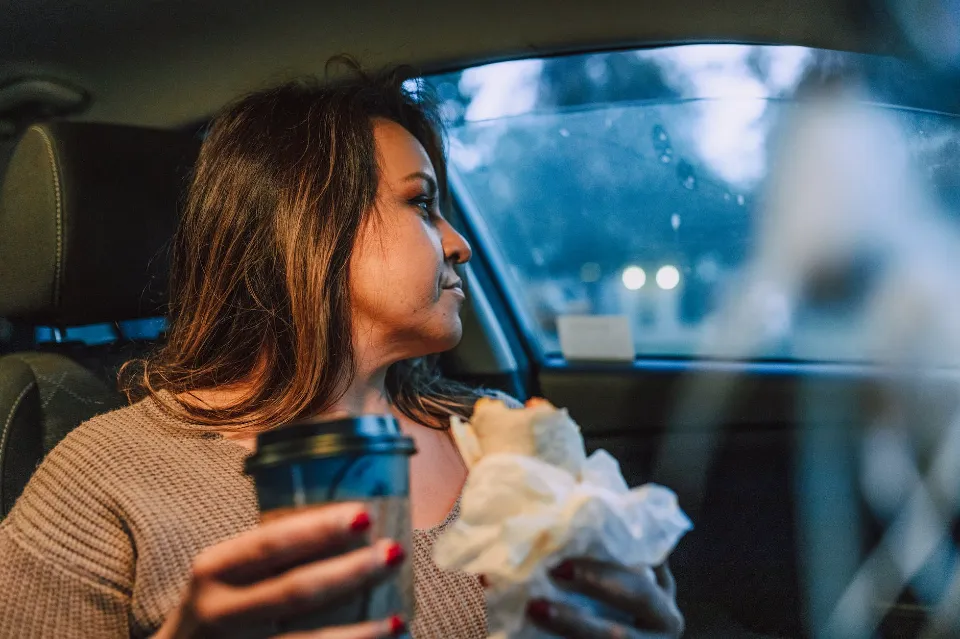
Regardless of the weather, we all know that you shouldn’t keep groceries in your car for longer than two hours. If you leave your groceries in your car overnight, a lot of them will get ruined.
If you are stuck in traffic or are otherwise unable to get home right away, there are steps you can take to ensure that you get your groceries home safely. Placing a laundry basket in the back of the car can help you quickly unload groceries in one trip.
Use Insulated Bags
These are a cost-effective alternative to the risk of having to throw away spoiled food. You will be able to protect your refrigerated and cold items for a more extended period if you use these bags.
The insulated bags also make it simpler to separate groceries in order to avoid cross-contamination. For example, place all of the produce in one bag, all the meat in another, all the dairy in yet another.
Errands First, Grocery Shopping Last
If you have a lot of errands to run, consider doing your grocery shopping last. The likelihood that your groceries will spoil increases with the amount of time they are left in the car, costing you money and valuable time.
Pick Cold Items Last
The same logic applies. Bacteria are more likely to proliferate the longer food items are left out of the cooler. By selecting fresh and frozen foods last, begin at the back of the store and work your way forward.
Use a Cooler
We were fairly remote, and the nearest grocery store was almost two hours away. Food could not be bought frozen in the summer, and it was nearly impossible to transport fresh produce home in the winter.
If leaving groceries in the car for long periods of time is unavoidable, consider purchasing a high-quality cooler to leave in the car for grocery shopping trips to ensure your cold and frozen food arrives home safely.
A cooler (without ice) will also help protect delicate fruits and vegetables from bitterly cold temperatures in the winter. Otherwise, like ours did, your lovely ripe bananas might turn BLACK on the way home!
You can keep your health safe and prevent a horrible case of food poisoning by being mindful of when you get your groceries and how much time you have to get them home.
What Happens If You Leave Groceries in a Car Overnight?
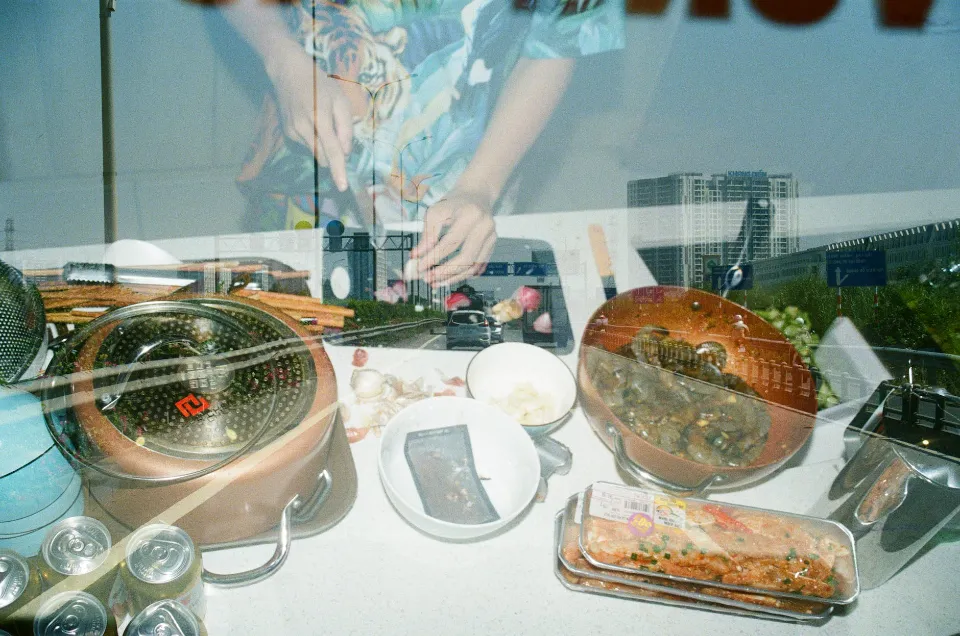
If you left them in the car overnight, the temperature would need to be appropriate. This means different temperatures if you have canned goods, cold goods, and frozen goods all at once.
If your groceries are left in your car overnight, there is a chance that one kind of your groceries will go bad. Your frozen items require a different temperature than your cold ones. While your frozen items might be melted, your cold items might be fine at one temperature. If your frozen items are fine, your cold items may have ruptured.
Leaving your groceries out overnight is really not going to guarantee that they will all survive unscathed. No matter the temperature, something is going to get messed up.
Can You Leave Groceries in a Cold Car?
You can leave your groceries in a cold car. if you have only cold, they can be left at one temp. They can be kept at a different temperature if you have only frozen them. Leaving milk or eggs in the car should also be acceptable.
Cold foods will be fine in your car overnight if the temp outside is 40 degrees or colder, but not below freezing. The temperature should be close to zero degrees for frozen food to be safe. In these temperatures, one or both of them might not survive until morning if you have both in your car.
If the temperature is close to zero and you are drinking any kind of liquid, it could get too cold and affect the beverage. Cans you use might break. Your cheese and other delicate cold items would begin to become slightly frosty. Any glass object had a chance of shattering.
Your cold items would be fine if the temperature was around 40. It would be like being in the fridge at that point. However, your frozen goods would then have melted. They might defrost instead of necessarily going bad.
You couldn’t refreeze frozen meats. Proceed with caution if you recently consumed ice cream. You could potentially refreeze it, but be careful not to spill it while transferring it to the house.
Conclusion
Ensure that the temperature in your refrigerator is 40 degrees or lower. In the absence of that, there could be a risk of harmful food bacteria developing. Never place meat in the crisper drawer along with produce. Never leave highly perishable items, like milk, on the door where temperatures can change.
FAQs
How Long Do Groceries Stay Frozen?
Generally speaking, the majority of food should be freezer burn-free for 3-6 months. But wrapping foods properly with freezer wrap (not plastic wrap, which lets a lot of air in), or using air-tight, freezer-safe containers can increase their “shelf” life.
Is It OK to Leave Food in a Hot Car?
Even though it might seem common practice to leave food out in the car, it’s something that should be discouraged. Wright says that foods can reach the “danger zone” for bacterial growth quickly in unairconditioned cars.
Can You Leave Food Out for 7 Hours?
The MAXIMUM amount of time perishable foods should be at room temperature is TWO HOURS (ONE HOUR at temperatures of 90 degrees F or higher). That INCLUDES the time they are present at the table while you are eating.



